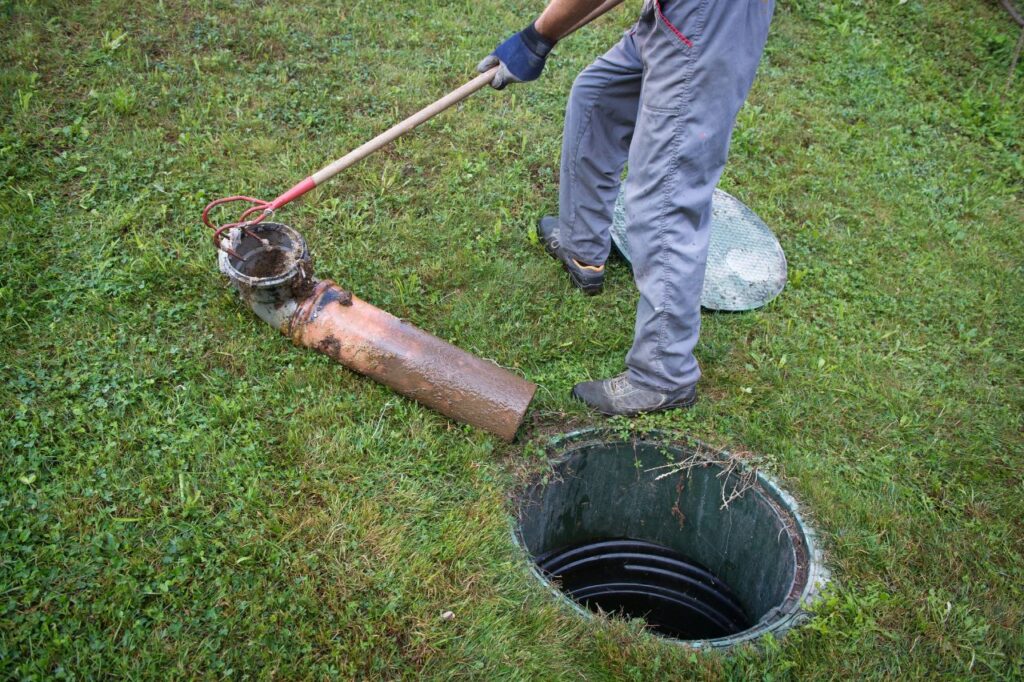Keeping your septic tank clean is an important step in maintaining a healthy wastewater system. This is because your septic tank helps to break down waste before it reaches the drain field, making it easier for the water and soil to absorb what’s left of your home’s wastewater.
The septic tank is a large, buried container that receives wastewater from the plumbing fixtures in your home. It contains a layer of anaerobic bacteria that break down the waste before it goes to the drain field.
There are four main elements that need to be addressed when cleaning your septic tank: inspection and pump frequency, using water efficiently, proper waste disposal and maintenance of the drain-field area.
Use biodegradable items when disposing of waste products. This is important because many non-biodegradable products will not break down in a septic tank and will cause clogging or even damage to your system.
Avoid chemicals and additives that can disrupt the balance of your septic system, such as bleach or other harsh chemicals. These can kill off the beneficial anaerobic bacteria that help your septic tank function properly. They also can damage your pipes and the walls of your septic tank.
Septic tanks need to be pumped regularly, especially when it is raining. This will prevent clogging, which can lead to foul smells and backed up toilets.
Make sure your septic tank is properly connected to the sewer line and that you have an appropriate septic pump. If your septic tank is not connected to the sewer line, then you will need to call a professional to install one.
A septic tank is a large, corrosion-resistant buried container that receives sewage from the plumbing drains in your home. It contains a layer or sludge of anaerobic bacteria that breaks down the waste before it goes to the drain field.
The sludge and scum that build up in your septic tank needs to be removed periodically by a professional. This is done through the manhole opening of your septic tank.
There are many different types of pumps that can be used for this purpose. Some are designed to be more effective than others, so check with your service pro before choosing a septic pump.
Other options are septic tank filters, which can help to enhance the treatment of your septic tank by trapping and retaining solids. These are included with some newer septic tank designs or can be retrofitted into older systems through addition of additional manhole openings.
You should have your septic tank and drain field inspected by a certified septic contractor at least once every three years. This will help you understand how your septic system is performing and if there are any problems that need to be addressed.
Filters are basket-like screens that can help to improve the effectiveness of a septic tank by trapping and preserving solids. They need to be removed and hosed down with water at least once a year to ensure they are working effectively.
Conclusion
In conclusion, maintaining a clean septic tank is crucial for a healthy wastewater system. The septic tank plays a vital role in breaking down waste before it reaches the drain field, making it easier for the soil and water to absorb the remaining wastewater.
To keep your septic tank functioning properly, there are four main elements to consider: inspection and pump frequency, efficient water usage, proper waste disposal, and maintenance of the drain-field area.
It’s important to dispose of biodegradable waste products and avoid using harsh chemicals that can disrupt the balance of your septic system. Regular pumping of your septic tank is also necessary to prevent clogging and foul smells.
Additionally, make sure your septic tank is properly connected to the sewer line and consider using septic tank filters to enhance its effectiveness.
Lastly, have your septic tank and drain field inspected by a certified professional at least once every three years to ensure optimal performance.

